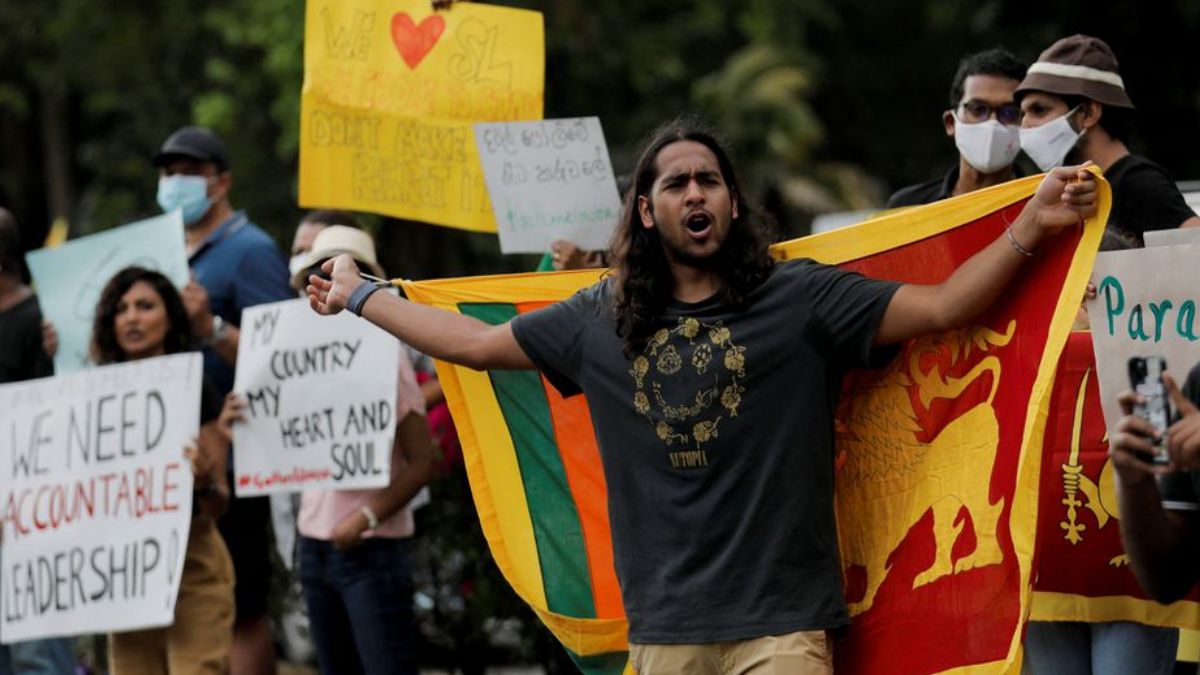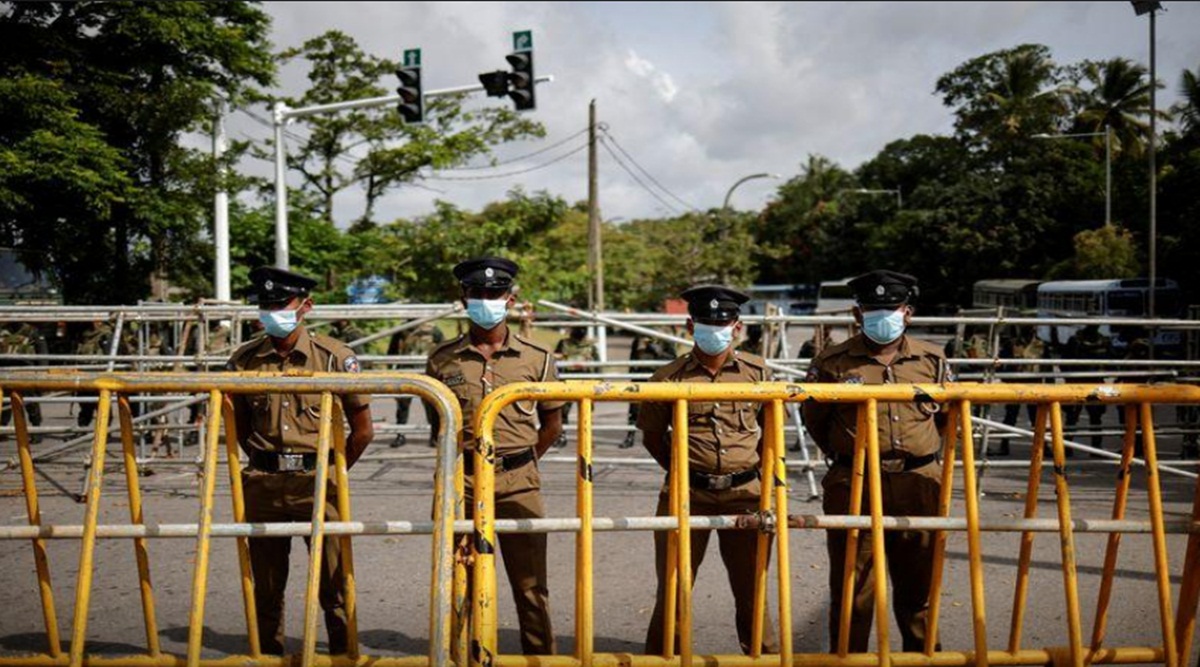A popular revolt in Sri Lanka has finally brought down the Rajapaksa government. Throughout the globe, the massive demonstrations asking for the resignation of Prime Minister Ranil Wickremesinghe and President Gotabaja Rajakkasa are serving as lessons on democracy.
Where do we go from here in terms of political activism? Will the ashes be swept under the rug in the next weeks and months, or will the massive awakening of political awareness shape politics for the foreseeable future? The state and society in Sri Lanka are likely to be transformed as a result of the current political and economic crises. What are the immediate prospects for progressive forms of political and economic stabilisation while we wrestle with these historical questions?
It’s hard to have faith in a successful parliamentary transition after the recent manoeuvres of the political elite both within and outside of Parliament. Parliament’s demise and the inability of legislators to meet the citizens’ democratic expectations are to blame for the country’s political future being taken over by its populace. As a result, the people’s movement’s ongoing vigilance and participation will be critical.

A diverse movement that included people’s movements, trade unions, professional organisations, and other associations had several key demands that coalesced before the 9 July 2022 protests: the immediate resignation of the President and PM; the abolition of the executive presidency; the formation of an interim government from opposition to bring about political stability; and a “people council” to hold Parliament accountable.
Political jockeying for power continues in the midst of this challenging political moment in order to elect a new president from Parliament and build a new government with a new Prime Minister. As a result, the people’s movement must give Parliament interim guidance that is crystal clear and targeted.
As you can see, there are a lot of pieces to this idea. A reduction or abolition of the executive presidency is the first step. A variety of persons and groups might attempt to mitigate this demand by limiting it to constitutional modifications. However, these attempts should only be seen as a means of extending the tenure of the executive office.

The good news is that the executive’s authority has been constrained by the social power gained via the protest movement. According to the existing constitution, any president chosen by Parliament may not exercise any of those functions. In the next weeks, MPs must be put under great pressure to eliminate the executive presidency. To avoid a constitutional crisis during an interim administration, the President should only serve as an emblem until a referendum is conducted in conjunction with legislative elections.
Given the Parliament’s existing regressive constraints, the second question is how to verify its goals and objectives. People’s concerns and desires must be institutionalised in a variety of ways, not only via legislation. A people’s council has been proposed as a solution. Progressive forces must demand that a broad range of people, including plantation workers, garment workers, farmers, fisherfolk, and informal income earners among others, be represented in the country’s governing body. Media attention focused on Galle Face and the surrounding area, but it is clear that if the administration hadn’t already lost the hinterland, the effort to depose Gotabaya Rajapaksa would not have been successful.
There is no room for neoliberal policies imposed by an authoritarian populist dictatorship and only directed toward strong foreign players in Sri Lanka, as shown by these incredible days of democratic mobilisation. In the following weeks and months, the people’s enormous democratic endeavours may face significant challenges. Protest waves during the previous few months have shown that the Sri Lankan people are resilient, however, and this suggests that the country’s political economy may undergo significant changes in the years and decades to come.

